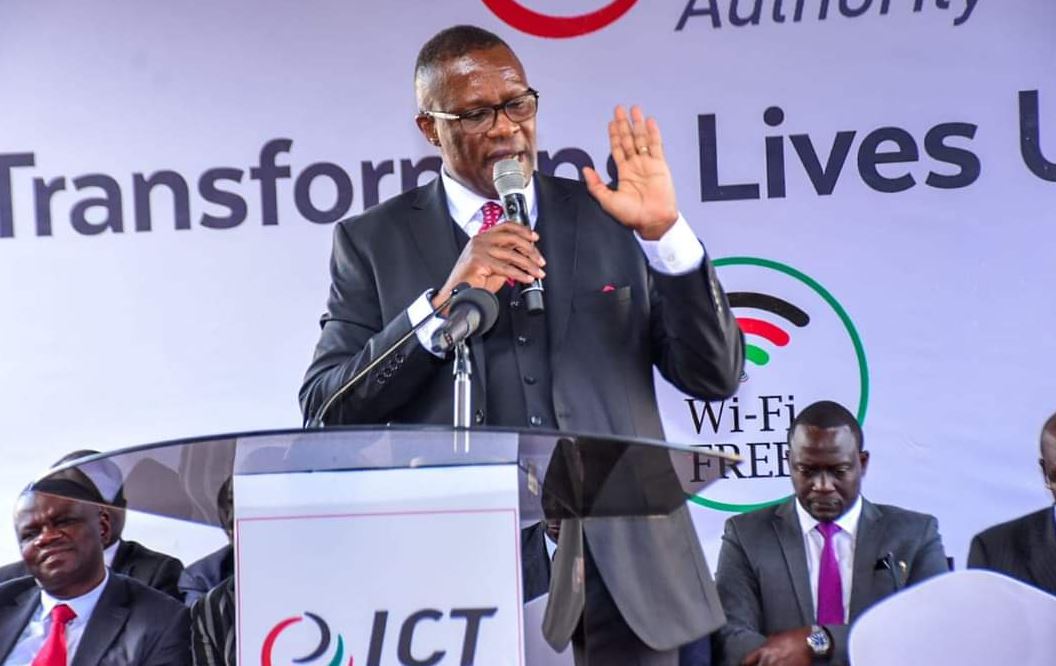 The controversial ICT Bill, previously rejected multiple times during former President Uhuru Kenyatta’s adminstration, has resurfaced, continuing to propose stringent regulations for practising ICT professionals.
The controversial ICT Bill, previously rejected multiple times during former President Uhuru Kenyatta’s adminstration, has resurfaced, continuing to propose stringent regulations for practising ICT professionals.
Initially introduced in 2016 by Aden Duale, then Garissa Township MP and now Defence CS, with support from nominated MP Godfrey Osotsi, now Vihiga Senator, the bill mandates that ICT practitioners be licensed and registered by a council.
It also includes requirements for mandatory training, registrations, licensing, and standardized practices within the field.
Withdrawn in 2016, the bill resurfaced in 2018 and was presented again in 2020 before being rejected again in 2022.
The ICT community expressed significant displeasure, arguing that the bill aimed to exclude certain professionals from practising. The new version still insists that companies offering ICT services be accredited by an authority under the ICT ministry and meet various specified requirements.
Additionally, all ICT service providers will be required to pay an unspecified amount for accreditation, a point of contention similar to the objections raised in 2022.
According to the bill, “An applicant shall be a holder of the minimum technical qualification and skills prescribed by the Authority for the class of contract works in respect of which registration is sought, have the necessary experience prescribed by the Authority in works involving the category of service applied and have the necessary ICT resources for the category of works for which the accreditation is sought.”
The bill grants the Authority the power to revoke a provider’s certificate if the business ceases operations relevant to what the certificate was granted, becomes liquidated or dissolved, or upon the provider’s request. Certificates may also be suspended if an ICT service provider violates accreditation conditions, operates in a manner harmful to public interests, fails to comply with the Authority’s directions, or breaches the Act’s provisions.
ICT Cabinet Secretary Eliud Owalo defends the bill, stating that it aims to ensure secure, proficient, and high-performing ICT services. “The Bill intends to simplify the incorporation of ICT in the process of public service delivery, thereby improving accessibility, efficiency, and inclusivity,” he explained.
Despite these intentions, the bill continues to face resistance from the ICT community, concerned about the potential impact on professionals and the industry’s accessibility.








